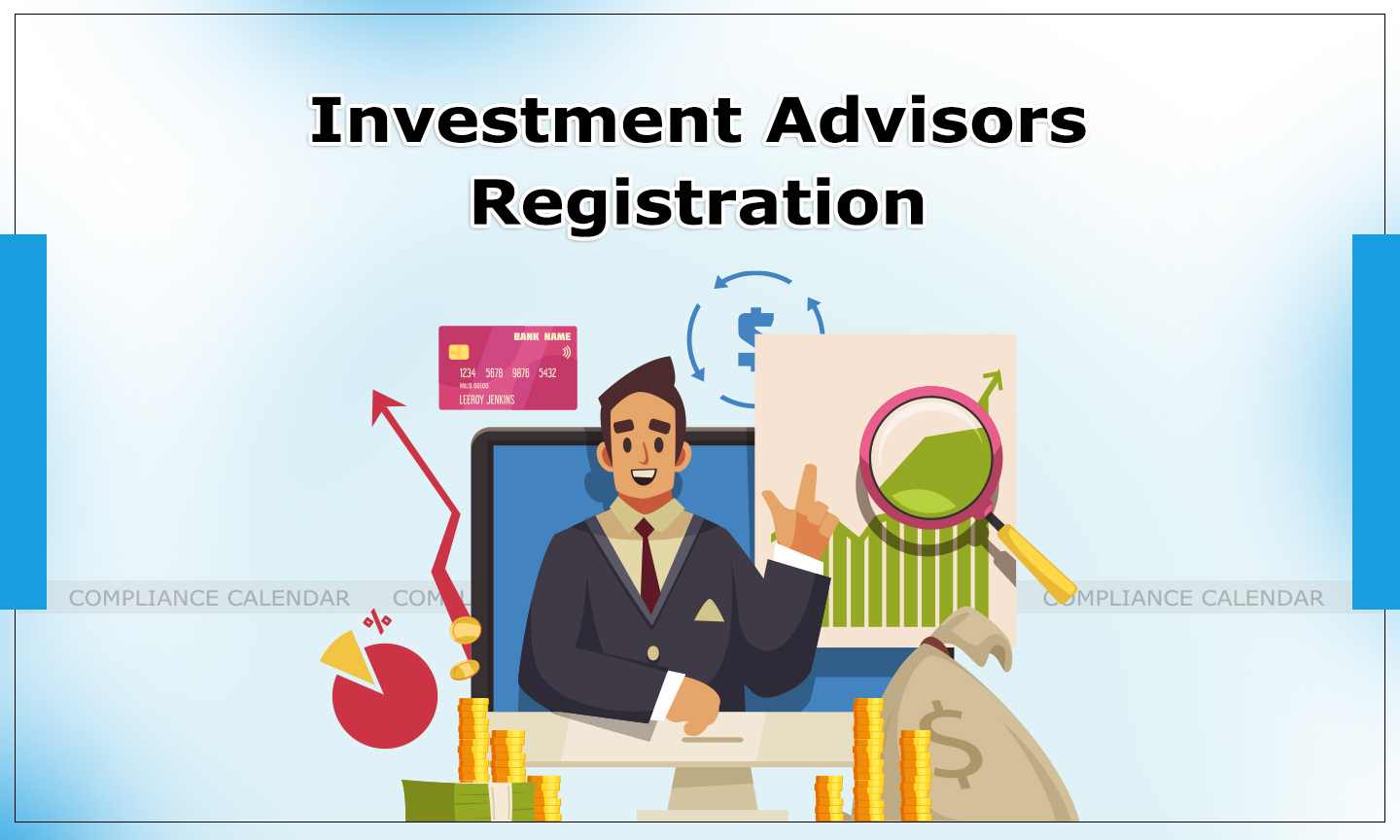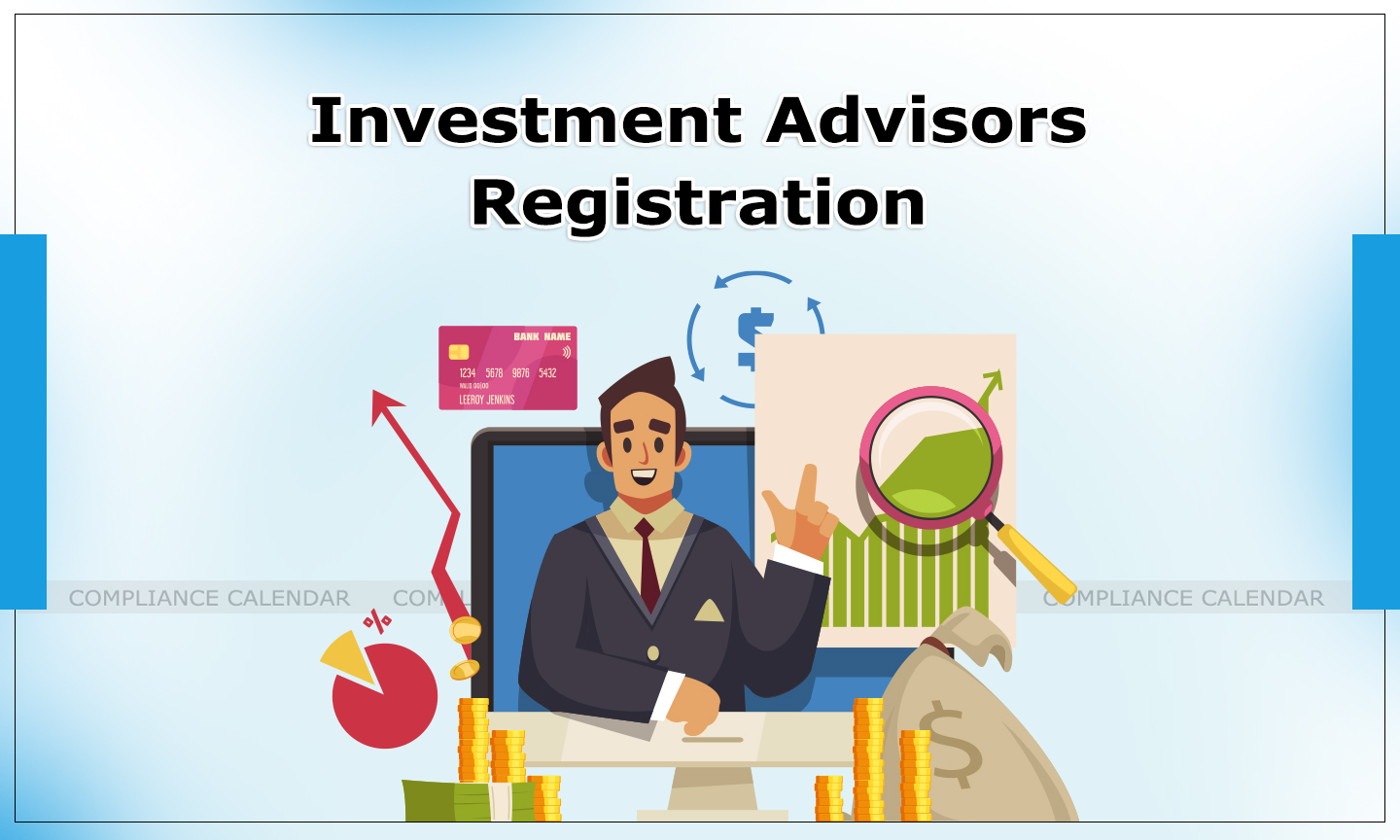Investment Advisor Salary: How Much Can You Earn in This Career?

Strong 8k brings an ultra-HD IPTV experience to your living room and your pocket.
Becoming an investment advisor is an attractive career choice for those interested in finance, wealth management, and helping clients achieve their financial goals. But how much can you actually earn as an investment advisor? Salaries in this profession vary based on factors like experience, location, firm size, and whether you are an independent advisor or part of a large financial institution.
This article will cover everything you need to know about investment advisor salary, the qualifications required, and how to build a successful career in this field.
What Is an Investment Advisor?
An investment advisor is a financial professional who provides clients with advice on securities, stocks, bonds, mutual funds, and other investment options. They help individuals and businesses manage their portfolios, reduce financial risks, and maximize returns.
Advisors can work independently, within banks, or at financial firms. Some specialize in high-net-worth clients, while others assist retail investors looking to grow their savings.
There are two main types of investment advisors:
Registered Investment Advisors (RIA) – Professionals registered with regulatory bodies such as the SEC (Securities and Exchange Commission) in the U.S. or SEBI (Securities and Exchange Board of India) in India.
Non-Registered Advisors – These advisors may not have regulatory approval and typically offer informal or generalized advice.
What Is a Registered Investment Advisor?
A Registered Investment Advisor (RIA) is a financial professional or firm that has registered with a regulatory body like the SEC in the United States or SEBI in India. They must follow strict guidelines and act in their clients' best interests, following the fiduciary standard.
RIAs usually work with clients on a fee-based model, charging a percentage of assets under management (AUM) rather than earning commissions on transactions. This helps align their interests with those of their clients.
Investment Advisor Salary: How Much Can You Earn?
Salaries for investment advisors vary depending on multiple factors such as experience, location, firm reputation, and client base. Here’s a breakdown of typical earnings:
1. Entry-Level Investment Advisor Salary
Annual Salary: $50,000 - $75,000
Advisors starting out often work under senior advisors or financial firms, earning a base salary plus performance-based bonuses.
2. Mid-Level Investment Advisor Salary
Annual Salary: $80,000 - $150,000
Advisors with a few years of experience start building their own client base and may earn commissions or management fees.
3. Senior Investment Advisor Salary
Annual Salary: $150,000 - $500,000+
Established advisors with a strong reputation can earn six figures or more, depending on their assets under management and client relationships.
4. Independent Investment Advisor Salary
Annual Salary: $100,000 - $1,000,000+
Independent advisors can earn significantly more, as they set their own fees and take a larger share of client earnings.
Many SEC-registered investment advisors and SEBI investment advisors earn higher incomes than non-registered advisors because clients trust their credentials and compliance with industry regulations.
Factors That Affect Investment Advisor Salaries
1. Location
An investment advisor near me in New York or Mumbai is likely to earn more than one in a smaller town due to the high concentration of wealth and businesses.
2. Firm Size
Large firms offer stability and benefits but may cap earnings. Independent advisors can potentially earn more but must build their business from scratch.
3. Certifications and Credentials
Having certifications like:
NISM Investment Advisor Level 1 & 2 (India)
Certified Financial Planner (CFP)
Chartered Financial Analyst (CFA)
Boosts credibility and increases earning potential.
4. Client Base
High-net-worth clients generate more revenue through AUM fees than smaller investors. Advisors with strong networks earn higher salaries.
How to Become an Investment Advisor?
1. Obtain the Required Education
Most investment advisors have a degree in finance, economics, business, or a related field. This helps in understanding financial markets, risk management, and portfolio planning.
2. Get Certified and Licensed
In the U.S., advisors must register with the SEC if they manage more than $100 million in assets.
In India, obtaining the NISM Investment Advisor certification is required for professionals looking to become SEBI investment advisors.
3. Gain Experience
Working under experienced advisors or in financial firms helps in understanding client needs and market trends.
4. Build a Client Base
Networking and marketing help attract high-value clients. Many successful advisors rely on referrals and strong relationships to grow their practice.
5. Choose Between a Firm or Independent Practice
Advisors can work at financial firms, banks, or start their own practice. Independent advisors have higher earning potential but require more effort in client acquisition.
Best Investment Advisor Firms to Work For
For those looking to start a career, here are some well-known investment advisory firms:
Goldman Sachs – High salaries and strong brand recognition.
Morgan Stanley – Great for career growth and training programs.
Charles Schwab – Strong focus on client relationships.
Raymond James – Supportive environment for independent advisors.
Kotak Wealth Management (India) – One of the best in India for high-net-worth clients.
Many professionals also search for an investment advisor near me to find local firms that offer good opportunities for growth.
Conclusion
A career as an investment advisor can be financially rewarding, especially for those who build a strong client base and develop expertise in financial planning. Salaries range from $50,000 to over $1,000,000, depending on experience, location, and credentials.
Getting certified as a SEC-registered investment advisor or SEBI investment advisor increases credibility and earning potential. Whether working at a top firm or independently, the financial industry offers lucrative opportunities for skilled professionals.
If you're considering this career path, focus on education, licensing, and building strong client relationships to maximize your earning potential.
Note: IndiBlogHub features both user-submitted and editorial content. We do not verify third-party contributions. Read our Disclaimer and Privacy Policyfor details.






